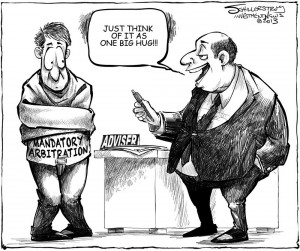by John Coggon, Professor of Law, University of Bristol Law School
The public interest has no single, fixed definition. Even as a technical term of art its sense varies both for being context dependent and for being a question that may be settled by different sorts of institutional actor. It may, for instance, demand consideration of national security, national economic interest, protection of health, maintenance of a justice system, protection of fundamental rights. And determinations may be made by courts, politicians, legislators, executive agencies, and so on. Each can and will bring different forms and ranges of consideration to the process of determining what the public interest demands, and whether those demands are compelling. (more…)






